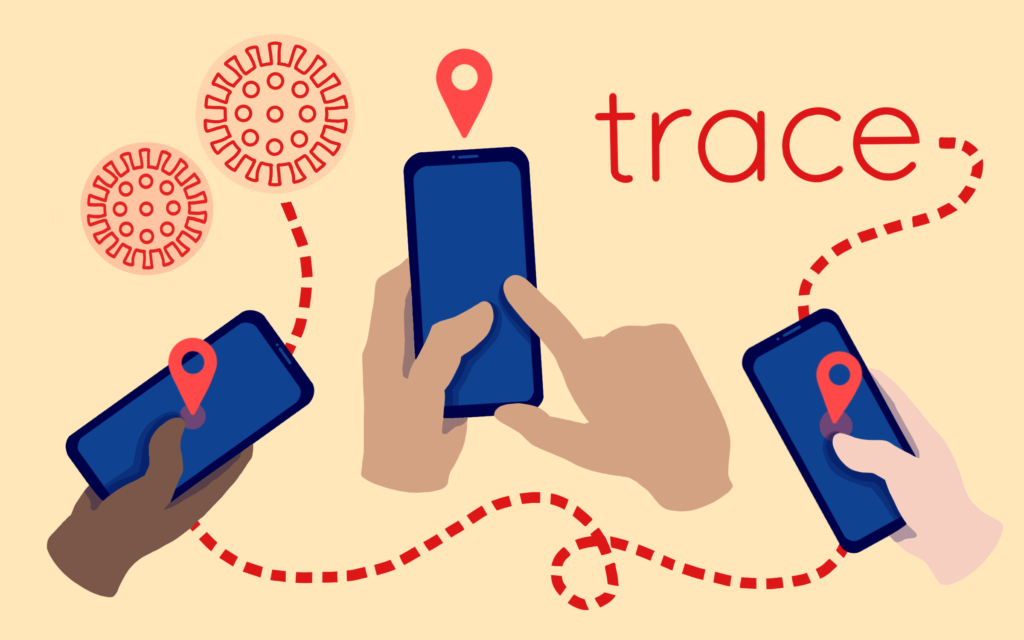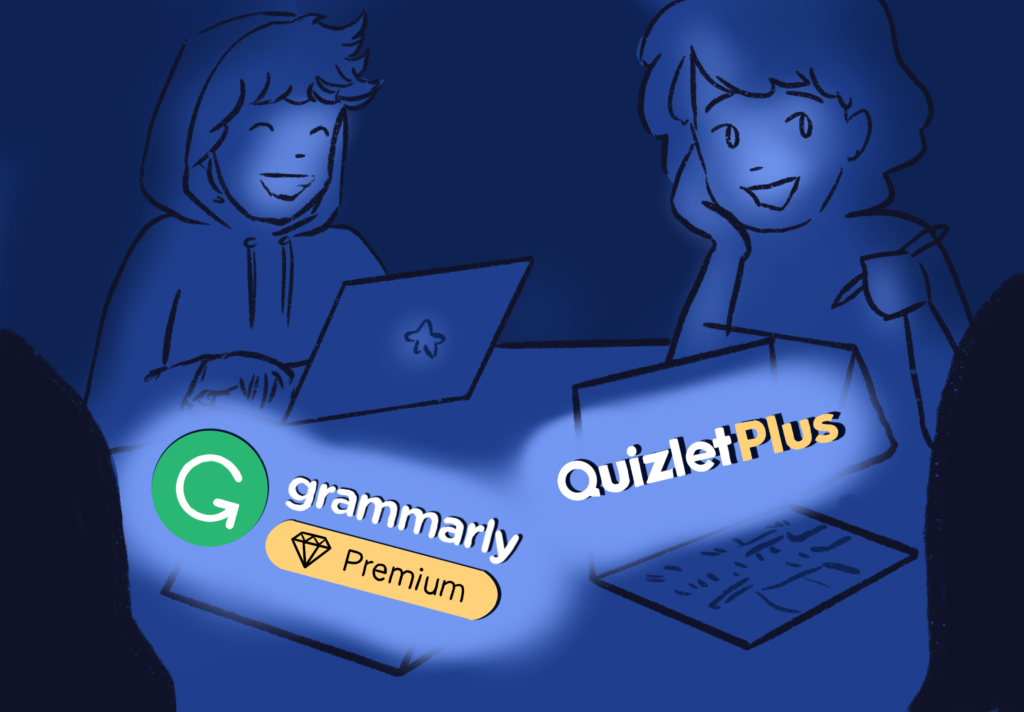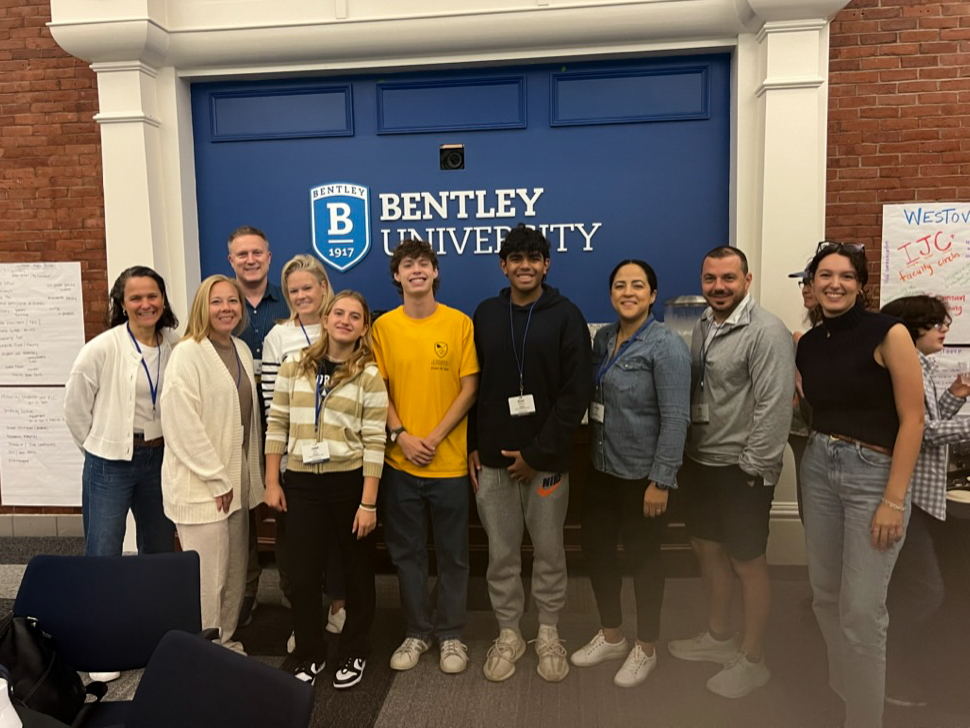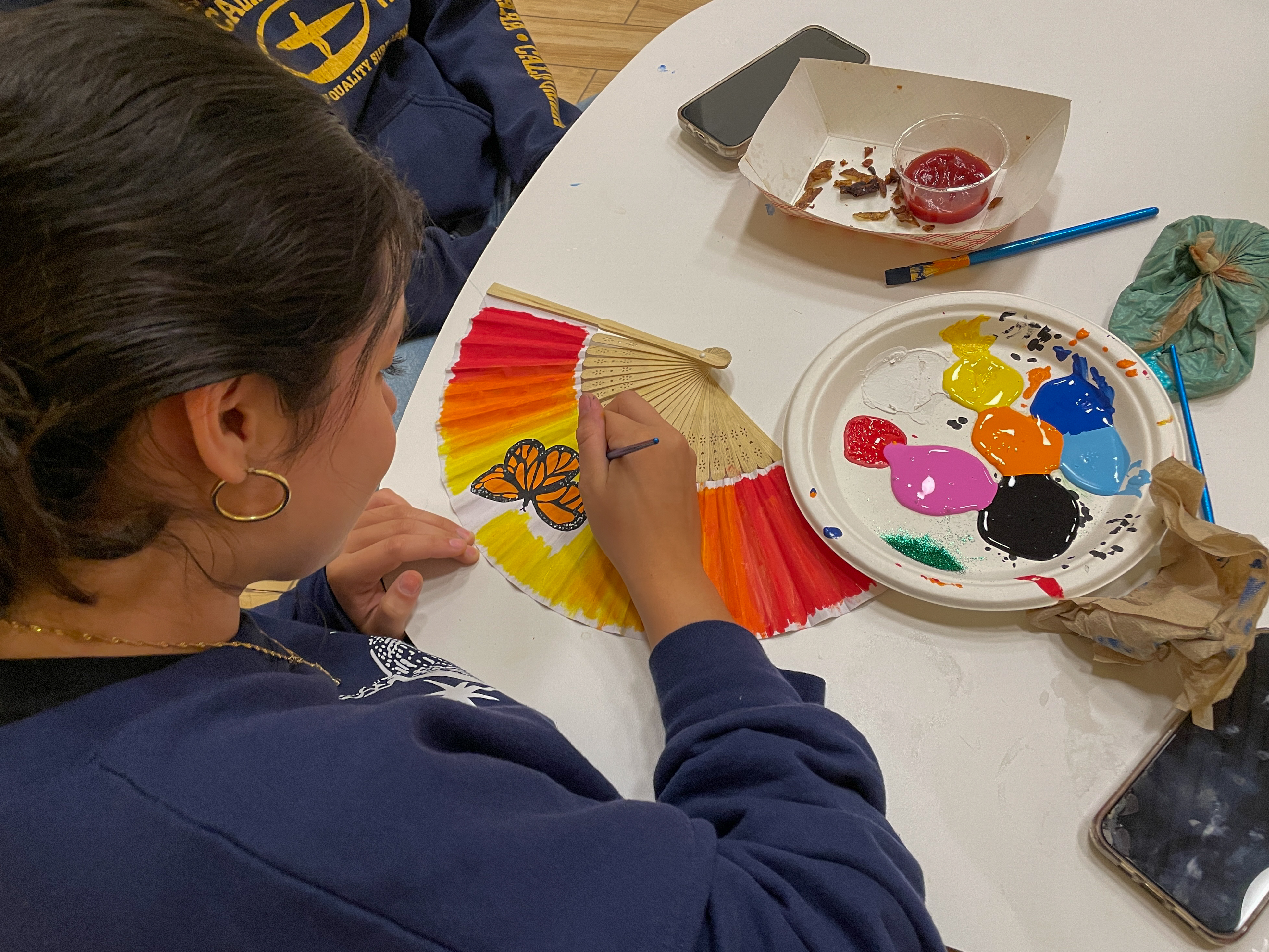
Graphic by Yujin Kim/The Choate News
As students returned to campus for hybrid learning two weeks ago, the Choate administration announced that all students living on campus are now required to download and run a contact tracing app on their smartphones.
The app, from a company called Trace Innovations, can identify high-risk interactions using Bluetooth proximity technology and provides immediate reports to the Health Center to contact trace potential spread of Covid-19 on campus.
Adults involved in the planning process include Dean of Students Mr. Mike Velez ’00, who focused on implementation; Medical Director Dr. Miriam Cohen and her team, who focused on the app’s medical components; and Information Technology Services (ITS) Director Mr. Andrew Speyer and his staff, who came to understand how the app operates.
While social distancing and mask-wearing were able to prevent the spread of Covid-19 in the fall term, Dr. Cohen believes that a contact tracing app can provide additional protection. “Six feet is very hard to judge,” she said. “If we were to have a positive case on campus, the app is a way to add that extra security, to know that we have something else measuring that distance and the time you’ve spent at that distance.”
When the School began its search for a contact tracing app last summer, there were some issues with the Trace Innovations app that have now been addressed. Previously, “they were using much more GPS and picking up many people who really weren’t close contacts,” said Dr. Cohen. “There was more information stored on their server, but they’ve taken all that away. We felt much more comfortable about adding it just as an extra tool, particularly in light of how much we need to be indoors in the winter.”
Trace Innovations was founded by Mr. Graham Grieve, who began work on the app nearly a year ago at the beginning of the pandemic. At the time, he was teaching English in Italy on a Fulbright scholarship.
“When Covid hit, my classes went online, and I started teaching virtually,” said Mr. Grieve. He began to examine the protocols required to reopen schools safely. “The area that really seemed to have the most flaws was contact tracing.”
Many students have voiced their discomfort with the data the app collects. Members of the Choate Programming Union (CPU) say that they reverse-engineered the app, in an effort to discover how it works. On January 27, the club held a meeting to voice its concerns.
“We analyzed the network traffic and saw what was being sent through the phone during normal usage,” said Max Fan ’21, president of CPU. “They essentially try to log everything they can on your phone.”
According to a summary of CPU’s findings, “significant code” in the app “collects and sends precise GPS coordinates every two minutes to their server.”
CPU believes that the Choate administration has better, more secure options for contact tracing apps.
Mr. Grieve, however, is adamant that his app does not collect or store GPS data. He said that he designed his app “to protect individual privacy and also help the school — giving the school precisely the information they needed and nothing else.”
He went on, “What the dashboard shows is who an interaction was with, when that interaction was, and the risk level based on distance and duration of that interaction — that’s going off Bluetooth proximity.” GPS data, he said, “is purely used to improve functionality and gauge activity and inactivity. Ideally, we wouldn’t have to use it, but it improves functionality overall.”
The ultimate goal, Mr. Grieve said, is for school administrators “to know exactly who’s been exposed, who’s tested positive, who’s been notified, so they can stop a spread and keep everyone safe.” Other contact tracing apps rely on individuals to report whether or not they have been in close contact with someone who has tested positive, and do not have the ability to report to a central authority.
According to Mr. Grieve, the app dashboard shows only whether an interaction was high-risk or not. It does not differentiate “between an interaction that was five-and-a-half feet away from each other or two feet away from each other,” he said. “That’s still going to show up as a high-risk interaction, in order to further protect individual privacy.”
Other students worried that the contact tracing app would be used to enforce disciplinary measures. According to Mr. Velez, the app is “for medical purposes only. It’s treated as all medical issues are — with confidentiality and sensitivity. Certainly, I can appreciate those concerns and hope that students are trusting our messaging that this is not what the app will be used for.”
Dr. Cohen added, “I tell everybody when we do contact tracing that obviously I need them to be honest, but this information that we have is not information that will be used for disciplinary reasons. Everyone needs to know that doing proper contact tracing is more important than disciplinary actions. Like many things in the Health Center, it’s confidential. The Dean of Students office and form deans have no access to this information.”
According to Dr. Cohen, information about a student can not be viewed unless their status on the app has been changed to positive for Covid-19.




